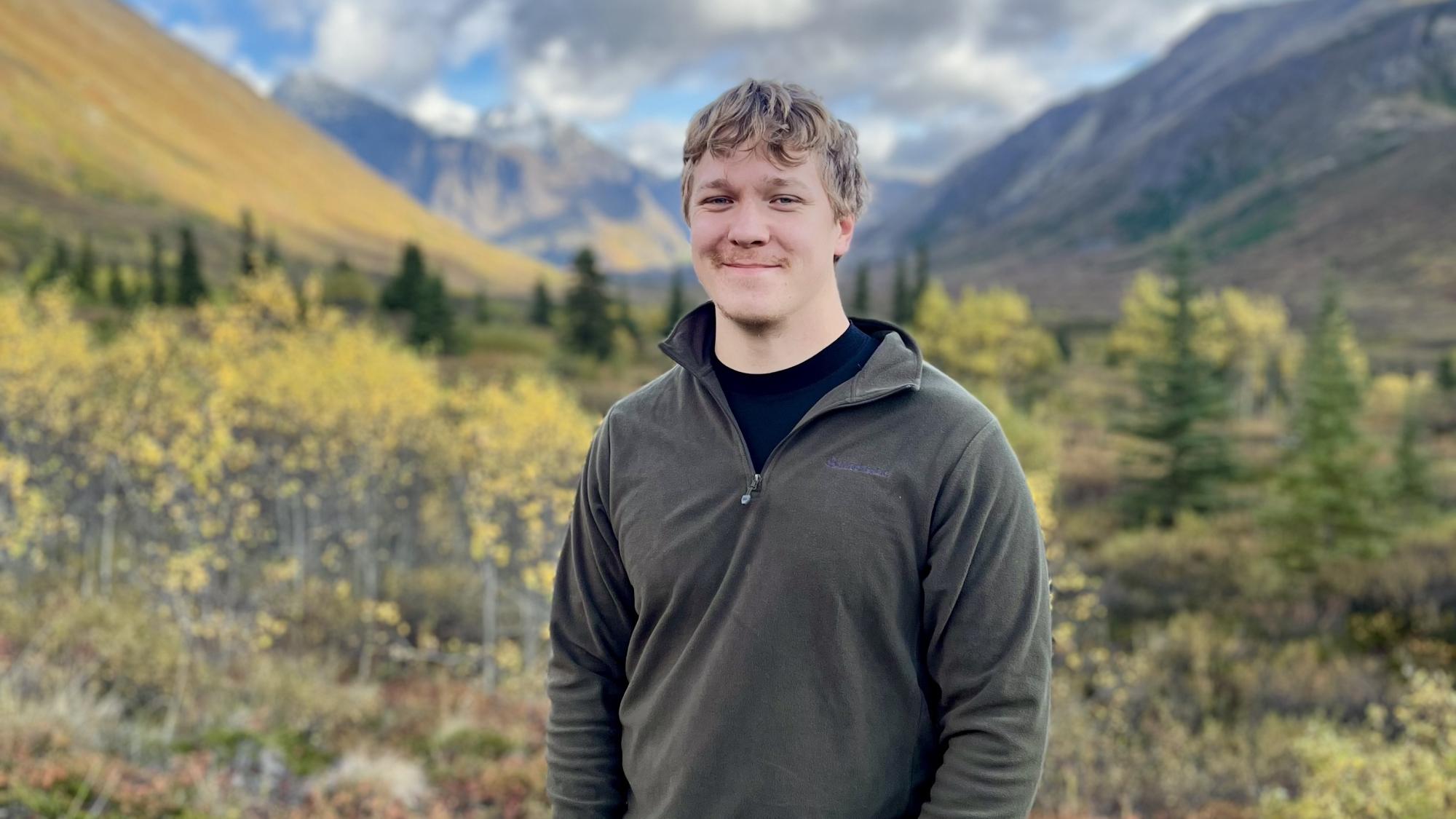Students perspective from Arctic Future Pathfinders course

The goals of the Arctic Future Pathfinders course were to learn interdisciplinary collaboration in the context of the Arctic region’s future, and to collectively reflect on the region’s richness and challenges—past, present, and future.I joined the course with a background in biology, thinking about the challenges the region’s living environment faces now and in the future. I also wanted to learn about collaboration across different scientific levels and disciplines.
In addition to these goals, the most essential part of the course was, of course, the planned sailing through the Northwest Passage. I anticipated an intense and demanding experience in a challenging and unique environment. When we heard just a few weeks before departure that the sailing was cancelled, the uncertainty and immediate disappointment were immense. At the same time, I was struck by a concrete understanding of how truly at the mercy of nature we are—something that’s easy to forget when living in a Finnish city. The cancellation of the sailing naturally closed off many of the scientific and experiential goals of the course, but it also opened up entirely new and unexpected opportunities, the first of which was to carry out the course on land at the destination, without a ship.
We spent our first week in Cambridge Bay (Iqaluktuuttiaq), Nunavut. Originally, our plan was only to board the ship there. Now, we had the opportunity to spend more time in a small community of a few thousand people, where Inuit hospitality and cultural heritage came into focus. The organizers’ networks, combined with the locals’ hospitality, played a key role in making our trip possible. What surprised me most was the optimism of the local people about the future, even though from an outsider’s perspective, it seemed that the region’s problems would only increase. In addition to their hospitality, the Inuit community impressed me with their willingness to collaborate and learn new things.
In Anchorage, we encountered a completely different Arctic reality. The small, remote village community was replaced by a large city where everything was bigger. In Anchorage, too, we were warmly welcomed by both the local university and city administration. We got to explore the structure of the local society from the perspectives of education, healthcare, infrastructure, Indigenous peoples, and the economy. As Alaska’s largest city, Anchorage more or less represents the entire state, and we had the chance to meet people from all over.
We spent nearly three weeks together as a group, which allowed us to get to know each other deeply. The course was mentally challenging, but it taught me a great deal about the Arctic region’s environment and nature, its people and cultures, as well as societal and geopolitical challenges.